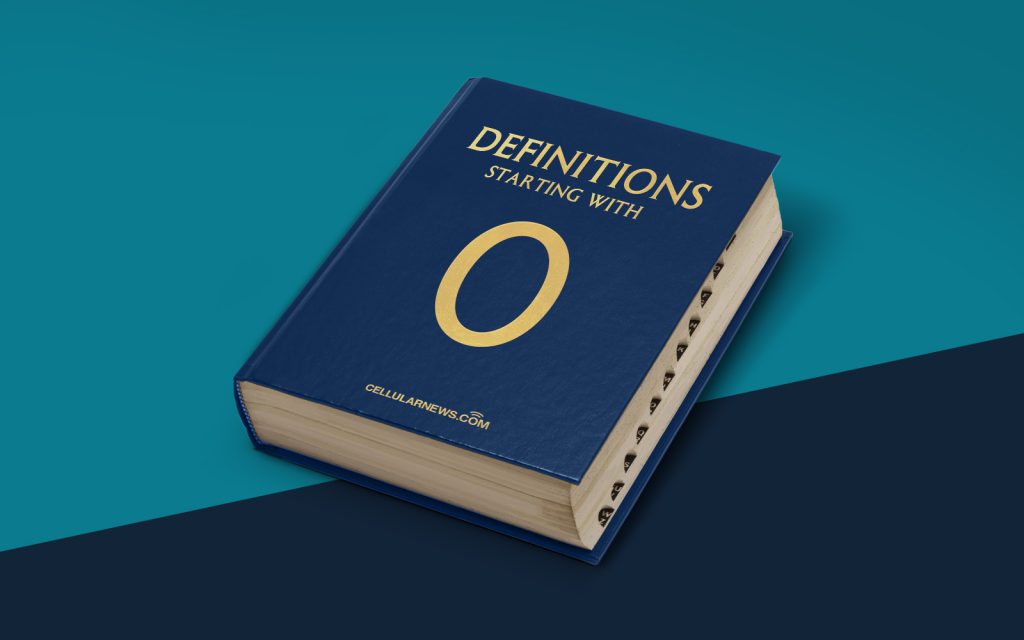
Breaking Down the Definition of Optical Fiber Cable
Welcome to the “Definitions” category of our blog! In this post, we are going to dive deep into the world of optical fiber cable. Have you ever wondered how information travels across long distances in the blink of an eye? Or why reliable and fast internet connections are possible? The answer lies within the fascinating technology of optical fiber cables. Let’s explore what they are and how they work!
Key Takeaways:
- Optical fiber cables are thin strands of glass or plastic that transmit data using light signals.
- They offer numerous advantages over traditional copper cables, including faster speeds, longer distances, and greater capacity.
The Marvels of Optical Fiber Cable:
An optical fiber cable is a marvel of modern engineering that plays a crucial role in our digital world. Simply put, it is a thin, flexible, and transparent strand made of glass or plastic. This cable acts as a conduit for transmitting data, voice, and video signals over long distances.
But how exactly do these cables transmit information at incredible speeds? The key lies in the principle of total internal reflection. Inside the core of an optical fiber cable, there is a thin region where light passes through. When a light signal enters the core at one end of the cable, it bounces off the sides repeatedly due to the phenomenon of total internal reflection. This bouncing action keeps the light within the core, preventing it from leaking out and ensuring that the signal reaches the other end intact.
Here are some key benefits of optical fiber cables:
- Speed: Optical fiber cables have the ability to transmit data at the speed of light, providing significantly faster internet speeds compared to traditional copper cables.
- Distance: These cables can transmit data over long distances without losing signal strength, making them ideal for connecting locations that are far apart.
- Capacity: Optical fiber cables can handle a large volume of data simultaneously, enabling the seamless streaming of high-quality videos, online gaming, and other bandwidth-intensive activities.
- Reliability: Unlike copper cables, optical fibers are immune to electromagnetic interference, ensuring a stable and consistent connection.
- Security: Information transmitted through optical fiber cables is extremely difficult to intercept, making them a secure option for transmitting sensitive data.
In summary, optical fiber cables are the backbone of our modern communication systems. They allow for high-speed and reliable data transmission, enabling us to connect with one another across vast distances. As technology continues to evolve, optical fiber cables will play an increasingly important role in shaping our digital future.
We hope you found this definition of optical fiber cables informative and helpful. Stay tuned for more definitions and explanations in the “Definitions” category on our blog!
